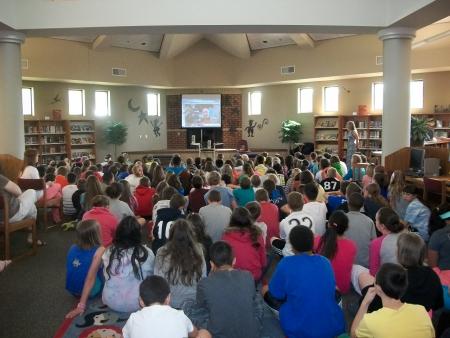
Connect with ARCUS
Join the Polar Education List and follow us on social media to continue to stay connected and learn about new polar-focused education resources, opportunities, and activities.
STEM at the Poles!
STEM at the Poles! Research Experiences for Formal and Informal Educators in the Polar Regions was awarded in 2019 as the most recent iteration of PolarTREC and ended in June 2023. STEM at the Poles is professional development for educators across all Science, Technology, Engineering, and Mathematics (STEM) disciplines connecting them to the polar regions and the research community; developing Next Generation Science Standards (NGSS) resources; and changing how they teach STEM in both informal and formal learning environments. STEM at the Poles was funded by the National Science Foundation and administered by the Arctic Research Consortium of the United States (ARCUS). STEM at the Poles! was developed based on the strengths of the past PolarTREC (2007-2018) and TREC programs (2004-2006), as well as other teacher research experience (TRE) programs.
PolarTREC - Teachers and Researchers Exploring and Collaborating
PolarTREC dates back to 2004 when it was initially created as a three-year pilot program by ARCUS. The program was designed to promote science education and outreach by enabling educators to work alongside scientists in the field, in the Arctic and Antarctica. The idea was to create a unique professional development opportunity for educators that would allow them to enhance their understanding of scientific research and bring that knowledge back to their learning settings, like classrooms, museums, or afterschool groups, and to inspire their students.
Research experiences typically last for several weeks to a few months, during which educators work closely with researchers, participating in fieldwork, data collection, and other scientific activities. The research topics covered during the research experiences have spanned a wide range of scientific disciplines, including climate change, ecology, geology, atmospheric science, and marine biology, among others. Educators also engage in online journaling, sharing their experiences and discoveries with their students and the wider public. Upon their return, educators incorporate their research experiences into their educational programming, developing lesson plans and activities that align with science education standards.
The PolarTREC model focuses on building lasting connections between scientists and educators, fostering long-term collaborations and mutual learning opportunities. The program has supported hundreds of classroom teachers, informal educators, and community college faculty in research experiences over the years. They have had a significant impact on science education across the United States, transforming how STEM is taught and increasing awareness about the polar regions and their role in the Earth's climate system.

Contact
For more information, please contact ARCUS staff at education [at] arcus.org
